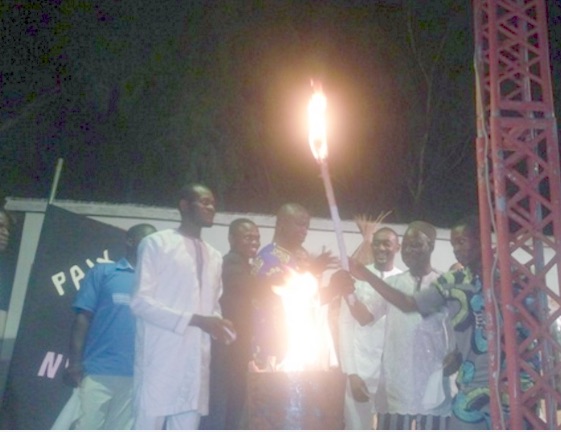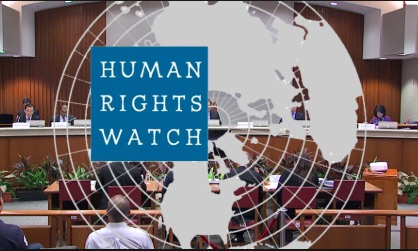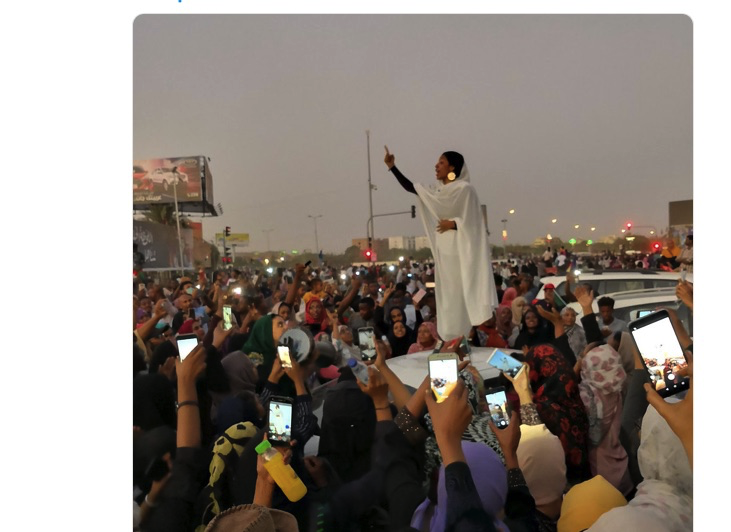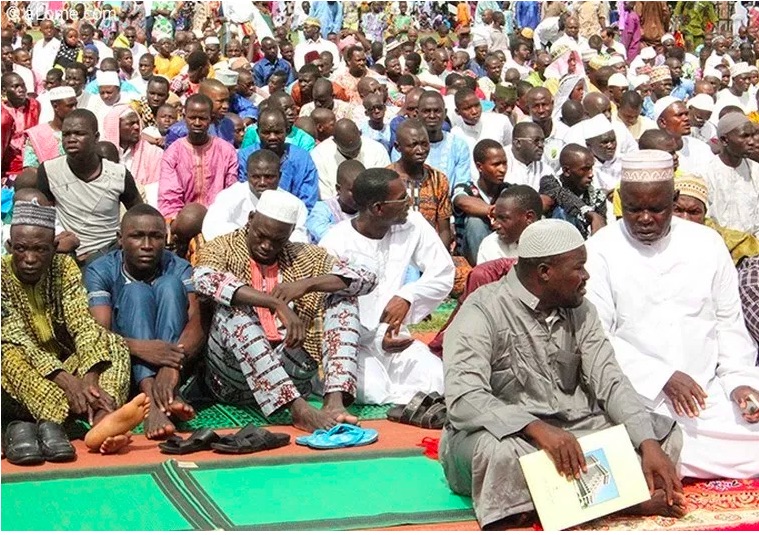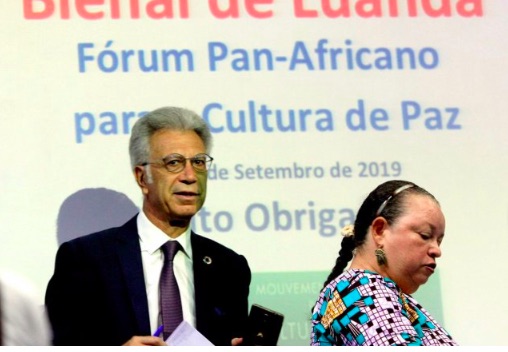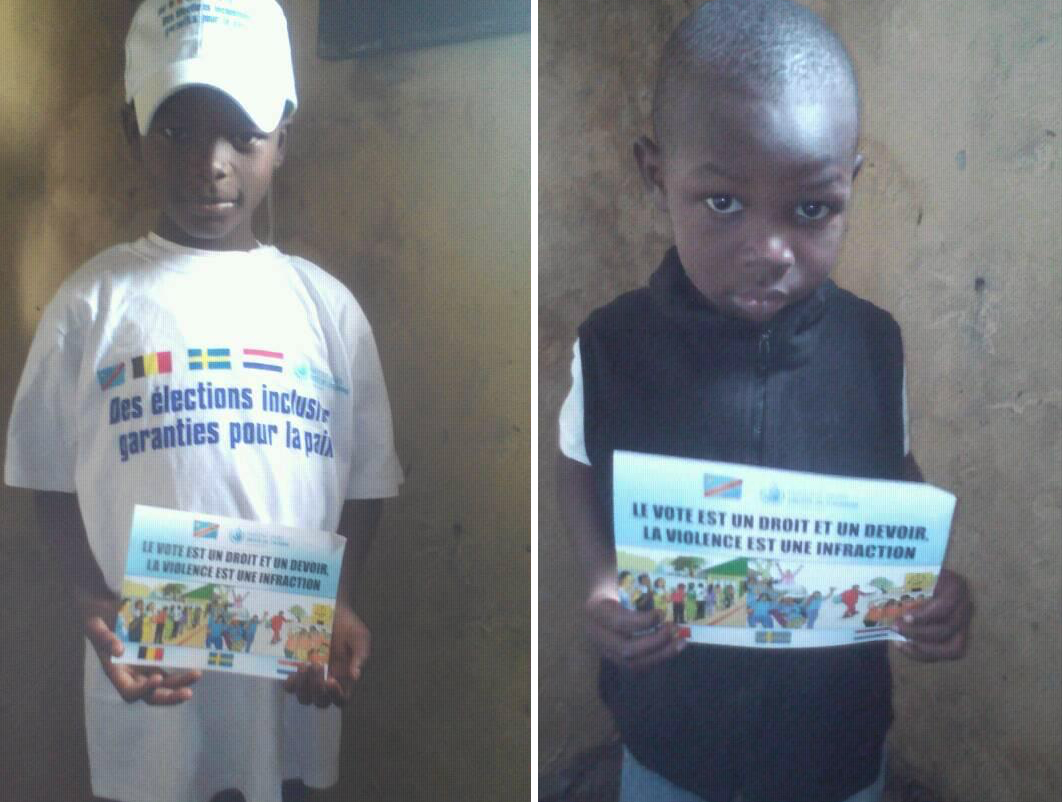. .DISARMAMENT & SECURITY. .
An article by Neamin Ashenafi in The Reporter
Prime Minister Abiy Ahmed (PhD), who assumed the premiership months ago, extended his invitation to all exiled political groups to come back home and conduct their struggle through peaceful means. Hence, following the invitation, many political groups and forces started returning home.
Eventually, political groups and forces, which were labeled as terrorist organizations by the Ethiopian government such as the Oromo Liberation Front (OLF), Ogaden National Liberation Front (ONLF), and Patriotic Ginbot 7, all came back home.

In an effort to reinforce the move, the House of People’s Representatives (HPR) unanimously voted on a motion to rescind the designation of the Oromo Liberation Front (OLF), Ogaden National Liberation Front (ONLF), and Patriotic Ginbot 7 from its terrorists list. The political groups were labeled as ‘terrorist’ groups back in 2010 in line with the much controversial bill dubbed ‘the Anti-terrorism Proclamation (Proc. 652/2009), which is currently under revision.
Following the invitation, the OLF on July 12, 2018 stated: “We believe that the recent meeting of a high-level delegation of the Oromo Liberation Front led by its chairman with the Prime Minister of the Federal Democratic Republic of Ethiopia, Abiy Ahmed (PhD), is one step forward towards resolving the existing political problem.”
Taking the seriousness of this affair into consideration the OLF declared a unilateral ceasefire in order to accelerate the initiated peace talks to a successful conclusion.
“We hope this temporary declaration of ceasefire will take us to the final declaration of bilateral cessation of hostilities once for all and the conclusion of the conflict,” the Front stated.
In that regard, the Oromo Liberation Front instructed the Oromo Liberation Army (OLA), which has been operating all over Oromia, to implement the temporary declaration of the ceasefire.
The agreement reached with the OLF was much publicized and a delegation headed by the Minister of Foreign Affairs, Workneh Gebeyhu (PhD) and President of the Oromia Regional State, Lemma Megerssa, traveled to Asmara, Eritrea to sign a peace agreement with the OLF, which aimed at ending the hostilities between the two.
Lemma and Chairman of the OLF, Dawd Ibsa, inked the peace agreement on August 7, 2018, in Asmara.
Subsequently, the top leaders of the OLF traveled to back home and were welcomed by thousands of their supporters at a rally that was held at Meskel Square. The then Chief of Staff of the Office of the Prime Minister, Fitsum Arega, tweeted a message that read in part: “We welcome warmly the leadership and members of the OLF to Ethiopia. A peaceful contest of ideas will move us from a culture of conflict into a culture of peace.”
This marked an important milestone in the long political turmoil that shook the nation and the leadership of the ruling Ethiopian Peoples’ Revolutionary Democratic Front (EPRDF) to its core. The peace agreement between the two was considered by many as the beginning of an all inclusive peaceful political struggle in the country. However, to the contrary, the return of the OLF was marred by clash between its supporters and residents of Addis Ababa, which caused the death of many and the destruction of private and public properties around the capital.
The clash in the city and other problems led political commentators and ordinary citizens alike to inquire about the contents of the agreement that the Ethiopian government signed with the OLF. However, the content of the agreement as not been made public and is still an enigma.
Adding insult to injury, the government and the OLF started some verbal volleys over the matter of disarming the soldiers of the latter which also costs the lives of so many innocent civilians and the destruction of private and public properties throughout the country mainly in the Oromia Regional State.
And hence the leaders in the region and at the federal level and the leaders of OLF started to blame each other for the breach of agreement. Be that as it may, many still keep on asking about the detailed contents of the agreement.
While the verbal volley transformed into the clashes and confrontations, leaders of the OLF, in early October 2018, said that the OLF does not have a specific agreement with the government Ethiopia that requires it to disarm.
(continued in right column)
Question for this article:
Can peace be achieved between Ethiopia and Eritrea?
(continued from left column)
However, in a statement that sounds like a response for the statement issued by the OLF, the Oromo Democratic Party (ODP) blamed the OLF for failing to implement the peace plan both parties had agreed upon, including the disarmament of the OLF.
Amid such tensions between the two, the OLF complained that the government, particularly the military, is behaving and acting in a way that violates the points in the agreements, and it would not be responsible for any possible outcomes, which may emanate from such actions.
At this stage many political commentators also started to ask the genuineness of the blames because, on the one side, the OLF has said that the agreement does not include disarmament and, on the other hand, it said that the OLF does not have any specific agreement with the Government of Ethiopia.
The verbal altercations eventually transformed into minor skirmishes and it was reported that armed groups linked to the OLF clashed with the military and in some instances such in Western Wollega the army wing of OLF blocked roads and took control of some government offices.
Such intensified clashes again led to another round of talks between the two sides so as to give a lasting solution to the problem. However, this time around, the negotiation was called by the Abba Gadaas, Hade Sinqe and prominent individuals from the region. This round of talks seems to have been fruitful as the two sides again signed a peace agreement in the presence of elders from the region, Abba Gadaas, and Hade Sinqe. Following the agreement, both sides confirmed their commitment to bring peace, stability and order.
Unlike the previous agreements, the recent one was agreed in the presence of a third party, which, according to many, might give negotiators a chance to review the development and implementation of the agreement.
In this regard, former President of the Federal Democratic Republic of Ethiopia and a former executive committee member of the erstwhile Oromo People’s Democratic Organization (OPDO), Negasso Gidada (PhD) said: “To solve the problem between the two a committee which comprises some 71 individuals has been established and this is a great move to address the problems between the two. The committee will follow the developments and will contain problems and differences before they escalated to clashes.”
On the flip side, Wasihun Tesfaye, Head of Research Department of the Ethiopian Democratic Party (EDP) considers the role of the committee or the elders as fragile. “Unlike other rounds of agreements it is good that the recent agreement between the two is being conducted with the involvement of elders in the region. However, I don’t believe that the elders have the tools and powers to enforce the agreements.”
“The recent agreement is based on consensus and the leaders in the region – by using their position within the society – will try to bridge the gap between the two and bring them to the table to sign the agreement. Nonetheless, what are they going to do if one party breaches the agreement? Do they have any detailed and well-articulated mechanism to force the parties to comply with their words?” Wasihun asks.
On the contrary, for Mulatu Gemechu, Deputy Chairman of the Oromo Federalist Congress (OFC), the presence of a third party especially the Abba Gadaas and Hade Sinqes give the agreement more sense and reason to be implemented. According to him the clashes and confrontations reached to this level because the agreements were not attended by a third party. However, now, the Abba Gadaas and Hade Sinqes have played a pivotal role in bringing the two sides together and its up to them to monitor and pinch the one who breaches the agreement.
Similarly Negasso stated: “The committee will play its role in monitoring and implementing the agreements. The Abba Gadaas, Hade Sinqes and the general Oromo public are all part of this agreement; therefore, these groups will guarantee that there will not be another round of clashes between the two.”
On the contrary, Wasihun is skeptical about the implementation of the recent agreement and blames the federal government for its double standard treatment. “The Ethiopian people have been told that all exiled political forces that entered the country did so to pursue peaceful and unarmed struggle for justice and democracy inside the country. However, it is not clear how and why the OLF has managed to stay armed and then complain against federal government troops movements,” Wasihun says.
According to Wasihun, the federal government has the sole authority for carrying arms under the constitution. “If, indeed, the current government of Prime Minister Abiy Ahmed is turning a blind to this development, it is creating a dangerous precedent where other parties will also want to arm themselves, leading the country into further lawlessness and anarchy,” he says, criticizing the federal government for being too lenient on the OLF.
Whether the federal government is too soft or not, the question that needs to be answered, according to many political commentators, is, what are the contents of the agreement that was signed between the two sides in Asmara and how long they will it stay undisclosed?
